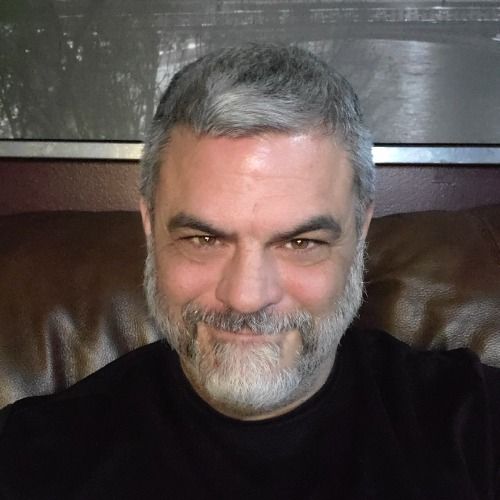Pakistan's False Dawn and the Beginning of History with Aqdas Afzal
A false dawn is a promising situation which comes to nothing. This is how Aqdas Afzal describes the situation in his native Pakistan and India at the end of the Raj.
“The point to remember here, Steve, is that the British were in India not to govern. They were in India to extract surplus and to maintain what they called law and order. And so the British left without giving the local people any taste or mechanism for bringing about accountability or democracy. But they did leave behind these two very, almost draconian institutions for keeping law and order. And because of these two institutions - these two state institutions that the British left behind - in the case of Pakistan, the first 25 years of Pakistan's history was complete chaos.”
Aqdas talks to Steve about the chaos of partition – a humanitarian crisis. Remember, Pakistan was not only separated from India, but it was also cleaved from its own Eastern wing, now known as Bangladesh. The generation that sacrificed and struggled to gain independence was hoping for a bright future. That was the false dawn.
Pakistan fell into the lap of neoliberal thinking because of the Cold War, as Aqdas explains it. When the Soviets entered Afghanistan, the military government took over in Pakistan, cozying up with the US defense establishment. Pakistani policy makers began to sound like the godparents of the neoliberal project, Thatcher and Reagan.
The interview covers the destructive role of the IMF, World Bank, and WTO – what Steve refers to as the evil trinity. No matter how many of our guests talk about them, there is always more outrage to be uncovered in their manipulation of the economies of the global South.
Steve and Aqdas discuss Francis Fukuyama’s concept of “the end of history.” With the collapse of the USSR, liberal democracy and capitalism were expected to be the final stage of human evolution, leaving no other pathway for developing nations. Aqdas counters with the notion that history is not linear.
“Russia is a country that went through shock therapy, that was undertaken by experts coming from the World Bank and the IMF. These experts are basically telling Russia how to open its economy, how to change over from socialism to a market-based economy. The same Russia today is challenging the might of capitalist countries like Britain, United States, Germany.”
He calls this the beginning of history.
Aqdas Afzal finished his undergraduate and first master's degree in Political Science from Ohio State University, then returned to his native Pakistan. After working there for five years he won the Fulbright scholarship for his second master’s and PhD in Economics from UMKC. He teaches at Habib University in Karachi and writes a monthly op-ed in Dawn, a leading English language newspaper there.
@AqdasAfzal on Twitter


